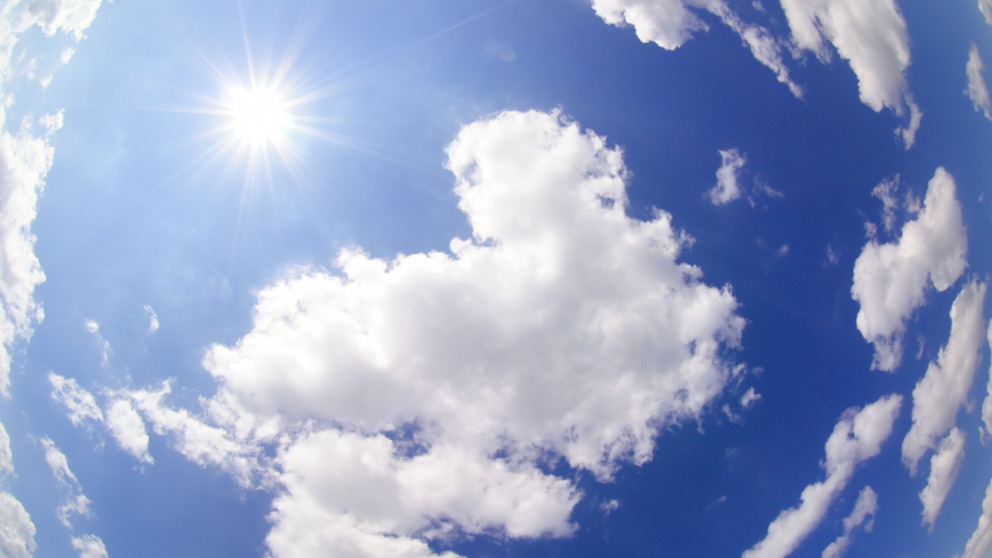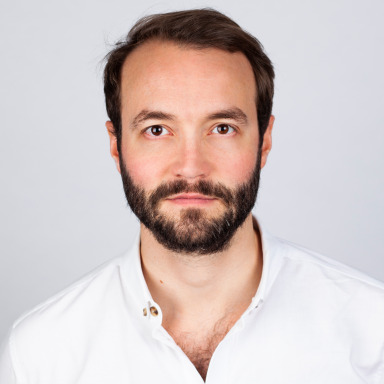Headline:
Ten Years of Climate Engineering Research: Call for Papers for a Special Issue of Earth‘s Future

2016 marks the tenth anniversary of a seminal contribution on climate engineering by Nobel laureate Paul Crutzen. In his essay “Albedo enhancement by stratospheric sulfur injections: A contribution to resolve a policy dilemma?”, Crutzen noted that attempts at reducing greenhouse gas emissions to limit global warming had been “grossly unsuccessful”. He suggested that actively injecting sulfur particles into the stratosphere could effectively reflect incoming sunlight and thereby ameliorate some of the effects of global warming.
Crutzen’s paper in the journal “Climatic Change” sparked an unprecedented surge of academic, public, and political interest in climate engineering (also known as geoengineering). Over the last decade, climate engineering has developed from a fringe topic into a broad interdisciplinary field of research in its own right. Numerous national and multinational climate engineering projects have been established, a plethora of young researchers are now pursuing their graduate studies within the field. Governmental agencies have commissioned reports on the implications of climate engineering. The recent Paris Agreement has led to increased discussion of how the legally binding 2 °C target, and, in particular, the ambitious 1.5 °C target can be achieved, including the possibility that this may require the implementation of some climate engineering measures.
To mark the tenth anniversary of Paul Crutzen’s contribution, IASS researchers are currently preparing a special issue of the American Geophysical Union’s journal Earth’s Future. Experts in the field are invited to contribute brief reflections (2 to 5 pages - approx. 2 000 words) on the development of the discussion over the past decade, and to consider where it may be going in the next ten years. The initiators are hoping to encourage the submission of commentaries from a wide range of authors from within and outside of academia, to reflect the fact that discussions on climate engineering are characterised by a high degree of academic and extra-academic diversity. They would like to invite those interested in contributing to go beyond submitting general reflections on the development of the field by focusing on a particular topical, disciplinary, community (scientific, civic, political, media, etc.), country or regional perspective.
Interesting questions that authors could address include:
- How have certain areas of disciplinary research into climate engineering progressed since 2006? What new insights have been achieved in the fields of atmospheric chemistry, legal studies, international relations or ethics, for example?
- How have individual topics been addressed? What insights have been gleaned from a range of different disciplines on specific topics such as the potential implications of climate engineering for international conflict and cooperation dynamics?
- How have particular communities engaged with climate engineering over the last ten years? What dynamics have characterised the engagements of scientists, journalists, environmental activists, or policymakers?
- How have discussions on climate engineering developed in particular countries or regions during the last ten years?
The special issue is intended to provide a timely opportunity to not only take stock of the development and diversification of the field over the last decade, but also to discuss and debate the future of climate engineering research. It will focus on reflecting on the development over the past decade, but authors are also asked to include a brief outlook on their expectations for future developments over the next ten years.
The call for papers can be accessed under: http://agupubs.onlinelibrary.wiley.com/agu/journal/10.1002/%28ISSN%292328-4277/features/call-for-papers.html
Submissions can be made until 31 August, 2016 through the Earth’s Future GEMS submission site. For additional information please contact earthsfuture [at] agu [dot] org (earthsfuture[at]agu[dot]org).
Questions on the special issue should be directed to IASS researchers Miranda Boettcher or Stefan Schäfer.

